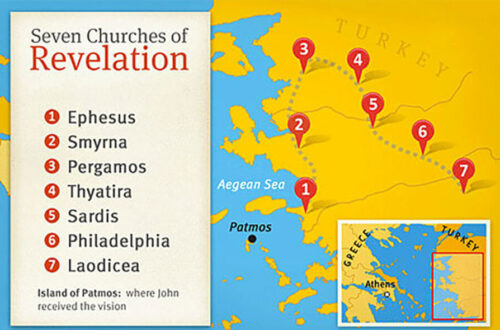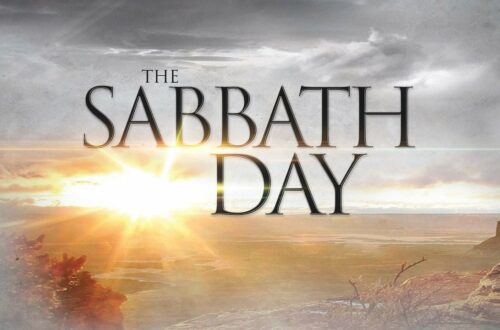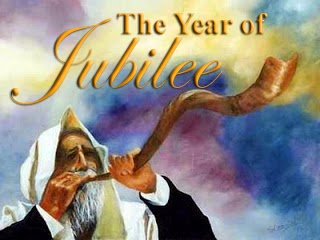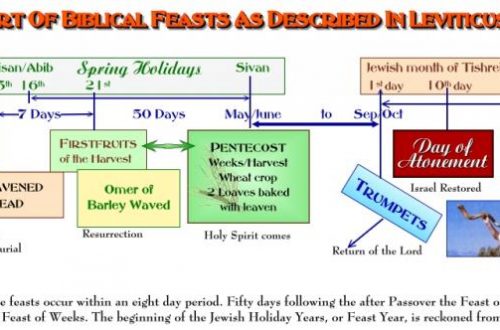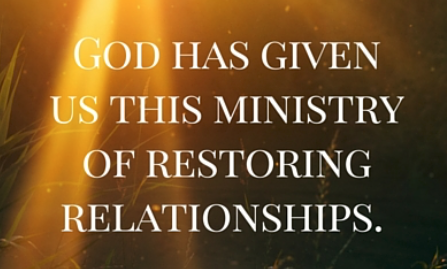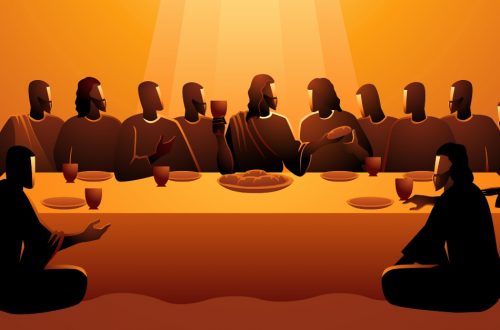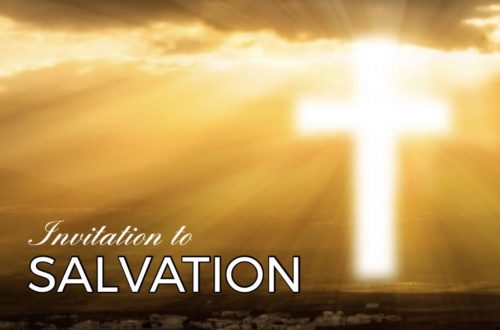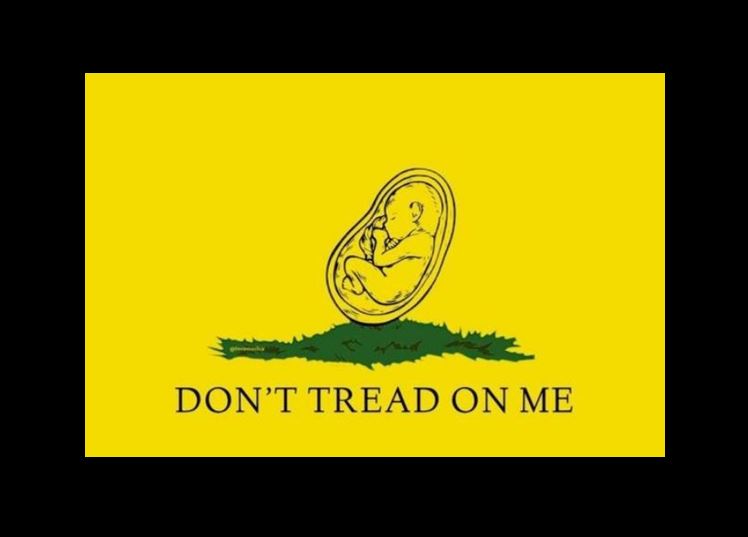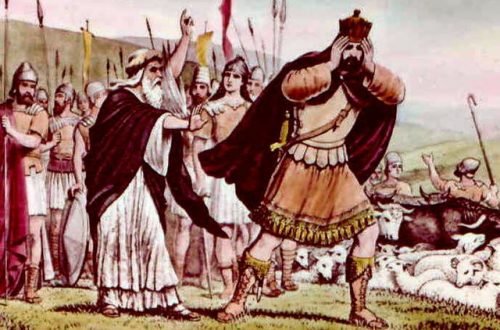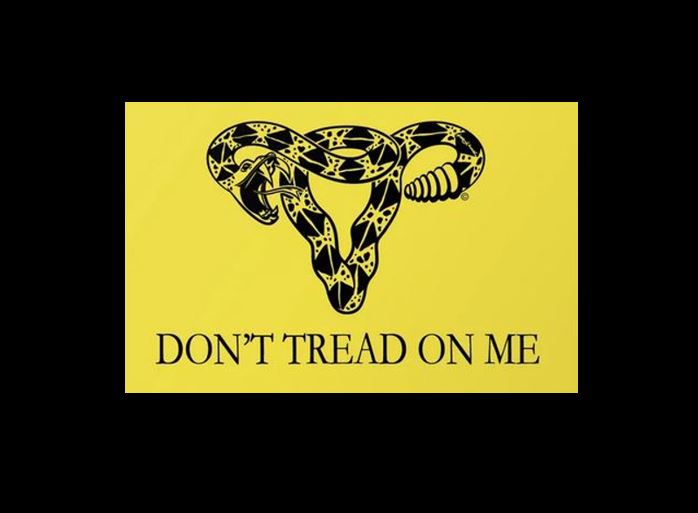-
How Easter helps us Deal with Doubt
True confession: Sometimes I doubt. I doubt lots of things. From nominal things like a beauty product’s guarantee to transform my skin (it probably won’t) to more consequential things, like whether or not a politician is telling the truth (ummm….you be the judge). A degree of doubt is certainly normal and healthy, as the alternative would be gullibility. But what about when our doubts move beyond distrusting imperfect products, humans and institutions to doubting our faith? Doubting Scripture? Doubting the very thing Christians all over the world have set their hope on? True confession: Sometimes I doubt. These under-the-surface doubts regarding my faith rose to the forefront just after my…
-
The Resurrection of Jesus Christ
“[I]f you confess with your mouth that Jesus is Lord and believe in your heart that God raised him from the dead, you will be saved” (Romans 10:9). On this Resurrection Sunday, it is important that we look at the foundational cornerstone of Christianity: the resurrection of Jesus Christ from death and the grave.. The resurrection of Jesus is central to all Christian belief. The Apostle Paul even went as far as to say, “[I]f Christ has not been raised, our preaching is useless and so is your faith. More than that, we are then found to be false witnesses about God, for we have testified about God that he…
-
23 Books Reviewed in 23 Minutes
“The love of learning, the sequestered nooks, And all the sweet serenity of books” – Henry Wadsworth Longfellow. “A book lying idle on a shelf is wasted ammunition” – Henry Miller. Here is my exhaustive review of all but one of the books I read in 2014. Skim the list to see if something piques your interest. Peruse as you please. Skip what does not interest you. For my reading list reviews for the past few years click on any of the following: 2011, 2012, or 2013. Now here we go, set your timer to 23 minutes. Go! 1. “Save Me From Myself” subtitled “How I found God, quit…
-
Unitarian Universalism: Recipe for Disaster (A Christian Conservative Goes to College, part 19)
“The man that wandereth out of the way of understanding shall remain in the congregation of the dead” (Proverbs 21:16, KJV). Both Unitarianism and Universalism were offshoots from early Christianity. Universalism made an early appearance on the scene even in the 1st century. They believed that no person would ever be condemned by God and that there would be no hell; though hell was taught by Jesus more than almost any other subject.[1] The first Unitarians appeared around the 2nd or 3rd century. They believed that Jesus was an “entity sent by God on a divine mission”[2] but they did not believe Jesus was God or that God was triune…
-
God’s Not Dead (The Movie)
“Whom are you worried about? Whom do you fear, that you would act so deceitfully and not remember me or think about me? Because I have been silent for so long, you are not afraid of me.” – God (Isaiah 57:11). I remember the apprehension I felt when I registered for Philosophy 150, World Religions Class. I knew what I was potentially getting myself into. (Out of the frying pan and into the fire.) I expected to be tried and tested in that class, but I signed up anyway. Thus six months ago, when I saw the preview for the movie “God’s Not Dead”,[1] I was very interested in seeing…
-
Hypocrites? No Surprise!
Many people reject the gospel and cite their primary reason to be the hypocrisy of those claiming their name of Christ, whether co-workers, family members or neighbors. Their disappointing experience with people they deem “hypocrites” tops the list of frequently given reasons to avoid any church. In response, we as believers often defensively attempt to explain or excuse the charge by admitting that we are all sinners, and that no church is perfect and that hypocrisy on the part of some need not invalidate the witness of others. However, I’m taking a new approach after my recent study in Matthew. Hypocrisy shouldn’t be a surprise. Consider the very words of…
-
What Can We Make of Jesus, but God Incarnate? (A Christian Conservative Goes to College, part 17)
“I tell you the truth,” Jesus answered, “before Abraham was born, I am!” (John 8:58).[1] The World Religions’ Professor’s assignment read as follows: What’s the best word to describe Jesus? Prophet, Avatar (of the Hebrew God), or Bodhisattva? Well, I was not going to be forced into the professor’s definitions….
-
A Christian Conservative Goes to College, part 16 (World Religions Class: Silent No More)
“…knowing that I am put here for the defense of the gospel…” (Philippians 1:16, NIV). When asked, “How can we foster the encounter of people with Jesus Christ?” C.S. Lewis replied as follows: “You can’t lay down any pattern for God. There are many different ways of bringing people into His kingdom…. As Christians we are tempted to make unnecessary concessions to those outside the Faith. We give in too much. Now, I don’t mean that we should run the risk of making a nuisance of ourselves by witnessing at improper times, but there comes a time when we must show that we disagree. We must show our Christian colours…
-
A Christian Conservative Goes to College, part 8 (Critical Thinking and the Abortion Debate continued)
“Woe to those who call evil good, and good evil; Who substitute darkness for light and light for darkness; Who substitute bitter for sweet and sweet for bitter!” (Isaiah 5:20, NASB). I have mentioned how the Critical Thinking Class seemed geared towards attacking conservative positions and Christian beliefs; in particular, one of the major assignments was for the class to read two major pro-abortion arguments, A Defense of Abortion by Judith Jarvis Thomson and The Moral and Legal Status of Abortion by Mary Anne Warren.[1] My last column was a minor critique of Thomson’s argument, but should I leave Ms. Warren to her own devices? As the Apostle Paul often…
-
A Christian Conservative Goes to College, part 7 (Critical Thinking and the Abortion Debate)
“These men turn night into day; in the face of darkness they say, ‘Light is near’” (Job 17:12, NIV). In my last column in this series I mentioned how our Critical Thinking (Philosophy 111) Class seemed geared towards attacking conservative positions and Christian beliefs. In particular, one of the major assignments was for the class to read two major pro-abortion arguments, A Defense of Abortion by Judith Jarvis Thomson[1] and The Moral and Legal Status of Abortion by Mary Anne Warren.[2] It was at least mentioned that there was a famous counter argument by American bioethicist Baruch Brody; though I could not find his work online.





